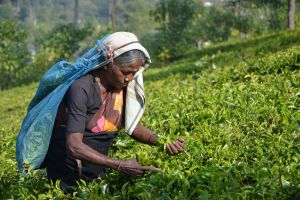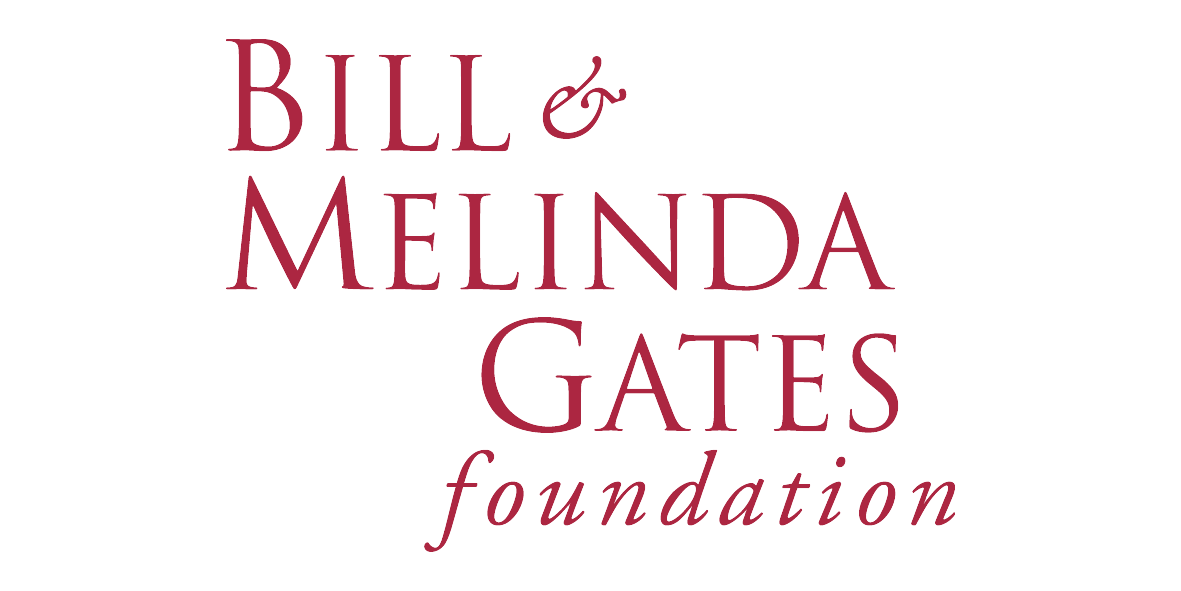This report examines how policy changes have contributed to U.S. leadership in improving global food security.
The 2012 Progress Report on U.S. Leadership in Global Agricultural Development, released on April 26, 2012, says the U.S. government has made major strides toward putting agricultural development back at the top of its foreign assistance agenda, reversing a downward trend in U.S. global food security activities. The non-partisan assessment, issued by The Chicago Council’s Global Agricultural Development Initiative, examines how these changes have contributed to U.S. leadership in improving global food security.
The report finds that under the direction of Secretary Clinton and Administrator Shah, both the U.S. Department of State and the U.S. Agency for International Development are showing “outstanding” leadership in advancing these issues. The Millennium Challenge Corporation, via its activities to bolster agricultural infrastructure in developing countries, is also making “outstanding” contributions to renewing U.S. leadership. Congress receives a “good” evaluation for making policy changes and appropriating substantial resources for food security in a difficult budget environment. The U.S. Department of Agriculture receives a “good” evaluation and the Peace Corps a “satisfactory” evaluation for their respective contributions. The study also examines how the changes in Washington have led to higher levels of U.S. agricultural development activity in Ethiopia, Ghana, and Bangladesh.
The report concludes that while this recent progress should be celebrated, the hard work is just beginning. This is the second in a series of annual reports tracking changes to the U.S. government’s global agricultural development policy.





